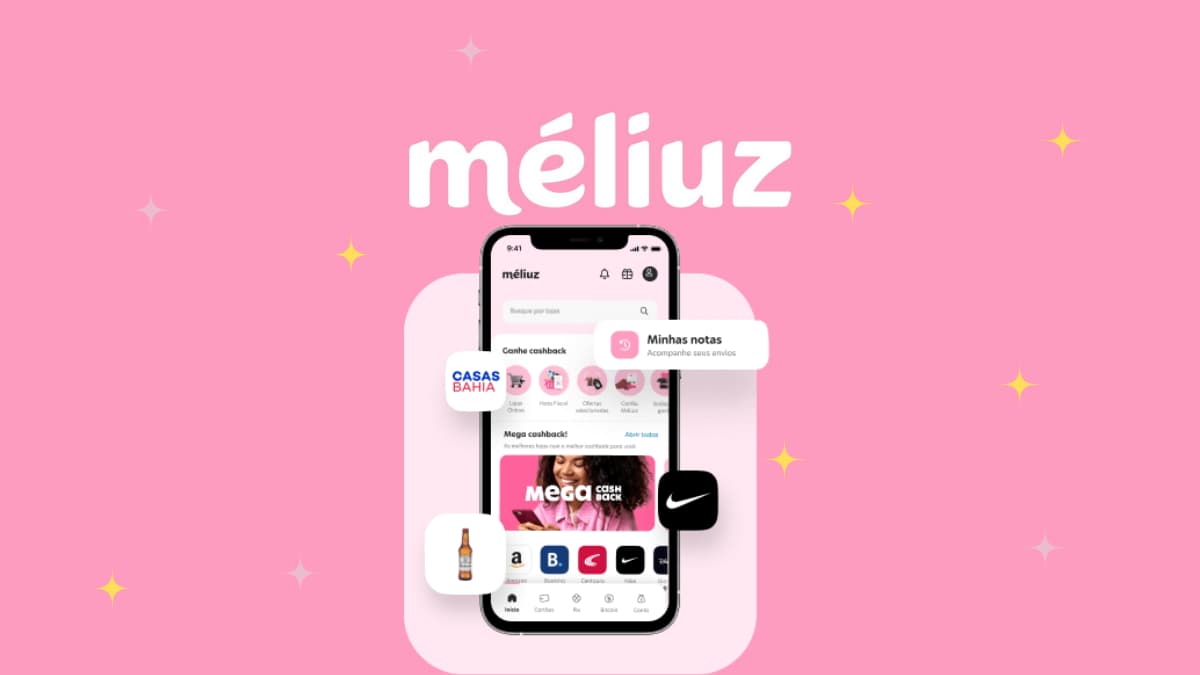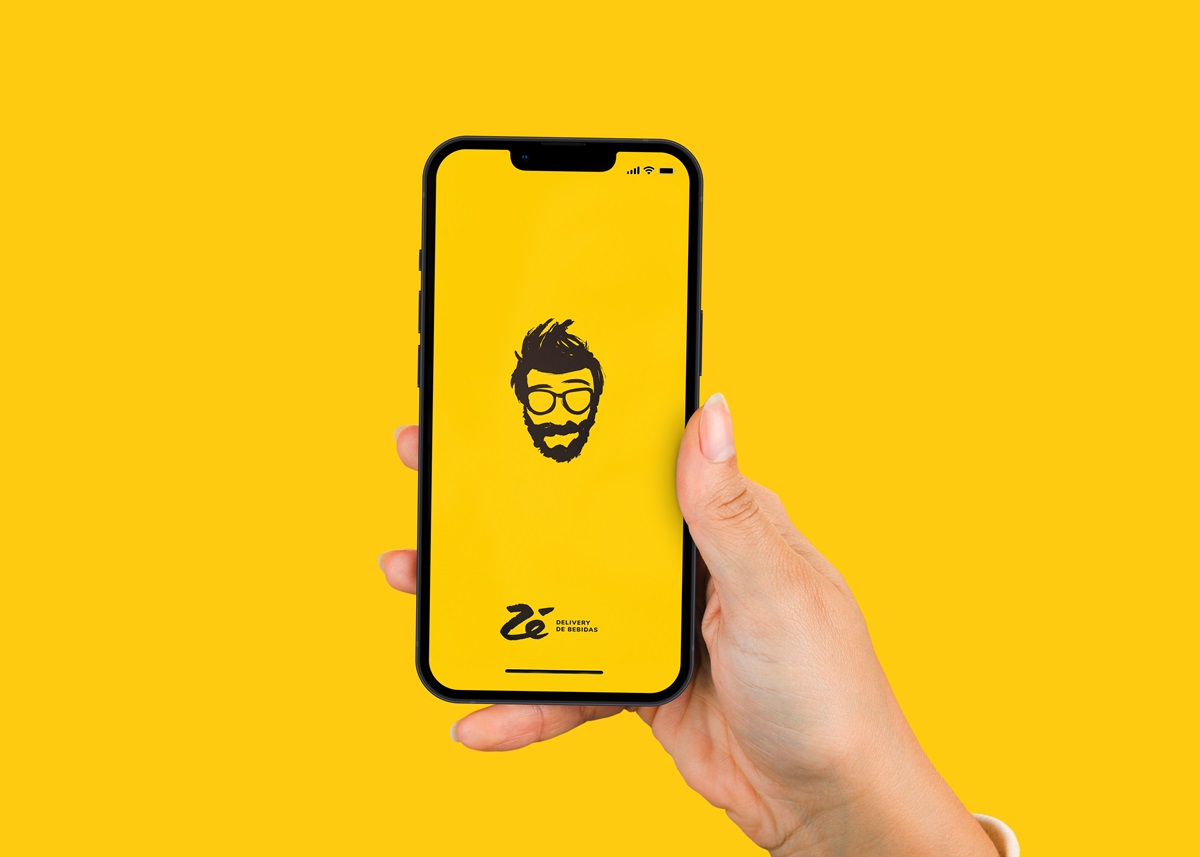Tips
Transforming Your Health: Innovative Apps for Well-Being and Quality of Life
Advertisement
Technological advancements have transformed many industries, and health and wellness are no exception. We are increasingly seeing apps that not only help with monitoring, but also promote overall health. Whether it is through physical exercise, healthy eating or monitoring medical conditions, apps are becoming essential for a balanced life.
These apps have become indispensable tools for those looking to improve their quality of life. With the popularization of smartphones, easy access to health-related information and features is a reality. This has allowed users to control their health conditions in a more effective and fun way.
Additionally, the innovations brought by these apps are connecting people with healthcare professionals and communities, fostering a healthier and more informative environment. (Here are some of the top innovations in health and wellness apps.)
1. Health Monitoring Apps
Health tracking apps have grown rapidly in popularity. These apps record real-time health data, allowing users to track chronic conditions. Tracking has become a key part of health management.
These platforms offer graphs and reports that help visualize the evolution of the user’s health. In addition, some integrations with wearable devices make the experience more comprehensive. Personalized feedback is another attraction of these innovative applications.
In the current context, many of them even allow direct communication with health professionals. This facilitates control and professional guidance, essential for those who need continuous supervision. Staying connected to your health has never been easier.
The main goal is to empower users to make informed decisions about their well-being. Therefore, simple and accessible navigation is an important differentiator. A user-friendly interface ensures that no one is left out of this revolution.
Unfortunately, however, many users still do not take full advantage of these tools. The potential is enormous and insufficiently explored. Efforts are needed to disseminate information about these resources.
2. Nutrition Tracking Apps
Diet and nutrition apps have revolutionized eating habits. With an interface that helps monitor food intake, adjusting your diet becomes easier and more efficient. This results in a user-friendly interaction between the user and their eating habits.
Many of these apps offer features like calorie counting and food databases. They can even suggest recipes based on individual goals. This keeps users motivated to stick to a balanced eating routine.
Once the meal choices for the day have been made, they also provide a check-in of protein, carbohydrates and lipids. Interestingly, this approach helps to maintain a focus on health. This way, users are always aware of their goals.
Some apps even offer social media integration. This functionality helps create communities that share tips and inspire motivation among users. This social support is vital for many people seeking lasting change.
While helpful, the amount of information can be overwhelming. That’s why it’s essential for users to filter the content that makes the most sense for their situation. Adjusting preferences increases the sense of control over nutrition.
3. Meditation and Mental Wellbeing Apps
The focus on mental well-being has grown in recent years, leading to the emergence of a number of apps. These apps offer guided meditations, mindfulness practices, and relaxation tips. In this way, mental health is placed on the same level as physical health.
People can customize their meditation experiences to suit their preferences and needs. This personalization is crucial for those looking to reconnect with themselves. The content ranges from 5 to 30 minutes, making it adaptable to your routine.
Additionally, the inclusion of mood and feeling diaries helps users identify emotional patterns. Analyzing this data contributes to greater understanding and action. This feature encourages self-reflection.
The virtual community present in some apps is also a differentiator. Offering mutual support, many users find motivation and comfort in sharing their experiences. Feeling loved and understood is essential in the journey of self-care.
Finally, the use of these apps has been scientifically proven to improve quality of life. More and more people are incorporating this practice into their daily routines. This cultural shift is a positive sign for the future of mental health.
4. Fitness Apps
Fitness apps are at the forefront of the sedentary lifestyle crisis. Offering customizable workouts and tailored exercise plans, they appeal to a wide range of users. Regardless of fitness level, everyone can communicate about their goals.
Through videos, users learn the correct technique for each exercise. This ensures safety during execution, preventing injuries. Personalization continues to be a strong point, with automatic adjustments as the user develops.
Additionally, many apps promote challenges between users, facilitating social interaction. This friendly competition creates an encouraging environment. People feel more motivated to continue their workouts.
In addition to the physical aspect, the issue of mental well-being appears in some approaches. Exercise is an excellent way to combat stress, and apps use this premise. A healthy body drives a healthy mind.
Despite being packed with features, choosing an app can be a challenge. Each one caters to different needs. Researching which apps fit your profile and goals is essential.
5. Applications for Chronic Disease Management
One field that has benefited greatly from app innovations is chronic disease management. These apps allow for symptom tracking and treatment documentation. This organization helps in understanding the progress of the user’s health status.
Many offer integration with medical devices, allowing for automatic data transfer. This reduces the margin of error and increases the accuracy of information. It also reduces the workload for doctors and healthcare professionals.
Medication reminders are a vital feature in many apps. Thanks to them, users can better adhere to their treatment. This is crucial for people who deal with complex conditions on a daily basis.
Some platforms even offer reports that users can share with their doctors. Reporting health status through data makes consultations more objective. This feedback makes it easier to choose the most appropriate treatment.
However, it is important to remember that self-management should be done under medical guidance. A balance between user autonomy and professional support is essential. This improves the patient's quality of life, making them feel more in control.
6. Sleep Tracking Apps
Sleep is essential for health and quality of life, and is a fertile field for innovation. Sleep tracking apps help users understand their sleep patterns. A comprehensive analysis can reveal issues that need to be corrected.
These apps often provide a variety of sleep statistics, such as duration and interruptions. Once the data is collected, they can be used to make adjustments that will improve the quality of your sleep. Information about your environment and habits is essential.
Some apps use sound technology to create a relaxing environment. This provides a comfortable and relaxing experience before bedtime. Nature sounds or gentle beats have a calming effect, often increasing the effectiveness of sleep.
To make things even more exciting, weekly and monthly reports are provided for data analysis. This encourages users to stay informed about their sleep experiences. By educating them, they can become more responsible about their health.
While this technology is innovative, it should be noted that each person has different sleep needs. What works for one person may not work for another. Therefore, personalized recommendations are necessary for best results.
7. Conclusion
The rise of health and wellness apps is evident and continues to grow. These features have significantly changed the way people interact with their health. By enabling proactive monitoring, they empower users.
The variety of apps offers solutions for different needs, from physical monitoring to emotional support. In addition, integration with healthcare professionals provides valuable support. This combination optimizes individual care and the ability of each person to manage their health.
It’s worth remembering that, despite innovations, research and customization are essential. Understanding which apps best suit each lifestyle increases the chances of success. This way, users can explore the features that meet their specific needs.
The future of health apps is bright. As more innovations emerge, we expect more people to embrace these features. Over time, the integration of technology and health could become as natural as exercising.
In short, all we can do is embrace this digital age and seek out tools that help us live with greater quality and well-being. Committing to your health is an investment that is worth it. So, explore the innovations and find what suits your journey.
Trending Topics

Home Sweet Home Luciano Huck: How to Participate
Learn how to participate in Lar Doce Lar with Luciano Huck and transform your home. Discover the requirements and increase your chances!
Keep Reading
Just Want to Flirt? Use These 5 Apps and Get Going!
Want to flirt without pressure? Check out the best apps for casual dating, with safety tips, profiles and how to choose the ideal one for you.
Keep Reading
Méliuz: Coupons and Cashback at Your Fingertips
Discover Méliuz: use coupons and cashback to save on your online purchases. Find out how to pay less now!
Keep ReadingYou may also like

Online Pregnancy Tracking Apps: What You Need to Know
Pregnancy monitoring apps: Learn how they work and discover the best apps, as well as tips for using them safely.
Keep Reading
Zé Delivery Discount Coupons: Save Now!
Save at Zé Delivery with exclusive coupons and promotions. Discover tips to guarantee discounts on your favorite drinks!
Keep Reading
Bible Dictionary for Mobile: Best Apps
Discover the best Bible dictionary apps for mobile and enhance your studies with advanced and accessible features.
Keep Reading